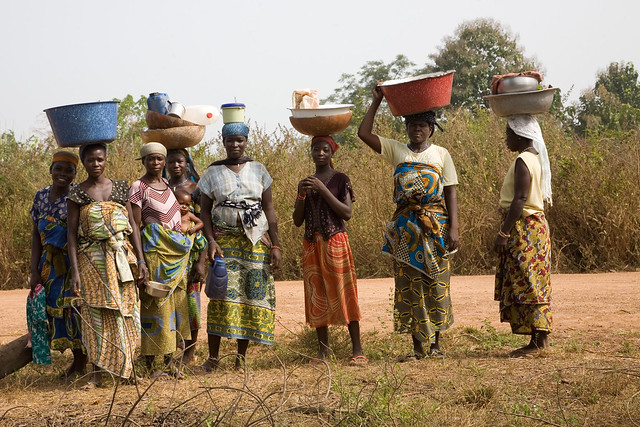The Policy Tightrope in Gas-Producing Countries: Stimulating Domestic Demand Without Discouraging Supply
Executive Summary
Natural gas can offer substantial environmental, energy security, and convenience advantages over competing fuels such as coal and oil. Gas is relatively abundant in the world, but the adoption and use of gas are hindered by its requirement for costly transport infrastructure. Because the pipelines or liquefied natural gas (LNG) facilities for moving gas are expensive to construct, investors depend on many years of reliable operation to recover their upfront capital outlays. Moreover, as gas cannot be stored as easily or cheaply as oil, governments must ensure that these expensive pipelines and LNG facilities will find consumers who are willing to pay prices for gas sufficient to enable long-term cost recovery. Bringing new gas to market thus means solving a high-stakes coordination problem that spans the upstream (development of the gas field itself), midstream (construction of transport infrastructure), and downstream (provision of gas to end use customers and ensuring consumer demand) parts of the gas value chain.
In their use of price subsidies to stimulate domestic gas demand, governments have in a number of cases deterred the development of gas supply and created shortages. At the same time, full price liberalization tends to face political resistance from domestic consumers of gas. Some governments have finessed this issue by creating markets with both planned and liberalized components. Another challenge faced by gas-rich governments is how to mitigate risks faced by both prospective gas suppliers and prospective gas consumers in a nascent market, especially given the need to build and pay for costly gas transport infrastructure. In this paper, we discuss ways that governments can manage a delicate balancing act on gas, providing a predictable investment climate and regulatory framework to foreign investors while at the same time developing and serving a robust domestic market for gas.

